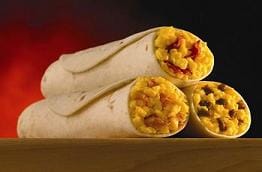
In an opinion released on April 25, 2014, the Texas Supreme Court explained and clarified (1) the elements a party must establish and (2) the evidence a party must present to overturn a jury verdict based upon jury misconduct.
The Facts:
This case arises from a premises liability suit that Jose Acuna and others filed against Whataburger for injuries sustained in a fight outside of this restaurant in El Paso. The jury rendered judgment favoring Whataburger. After investigating the jurors, Acuna filed a motion for new trial in which he asserted that one of the ten majority jurors, Georgina Chavez, had committed misconduct by failing to disclose in her questionnaire that she had been a defendant in two prior credit card collection suits and the bankruptcy action.
The Courts Analysis:
The trial court granted Acuna’s motion for new trial on the ground that Acuna was denied the opportunity to question or strike Chavez in light of the missing information. The Court of Appeals denied Whataburger’s Petition for Writ of Mandamus. The Texas Supreme Court disagreed with the Trial Court and Court of Appeals and granted Whataburger’s Petition for Writ of Mandamus.
The Court stated that to warrant a new trial for jury misconduct, the movant must establish (1) that the misconduct occurred, (2) it was material, and (3) probably caused injury. The complaining party has the burden of proof all three elements before new trial can be granted. Whether misconduct occurred and caused injury is a question of fact.
The Court went on to state that, under this standard, it found no evidence that Chavez’s failure to disclose that she was a defendant in prior lawsuits probably caused Acuna’s injury. The Court found this even though Acuna’s attorney testified that if Chavez had disclosed this information, he would have questioned her about it and struck her.
What to Take Away:
The Texas Supreme Court makes it clear that proving that alleged jury misconduct probably caused injury is a major hurdle to overcome and certainly requires more testimony than what a person “would have” done. In the absence of other evidentiary support, this testimony is nothing more than speculation and not enough to meet the burden.

